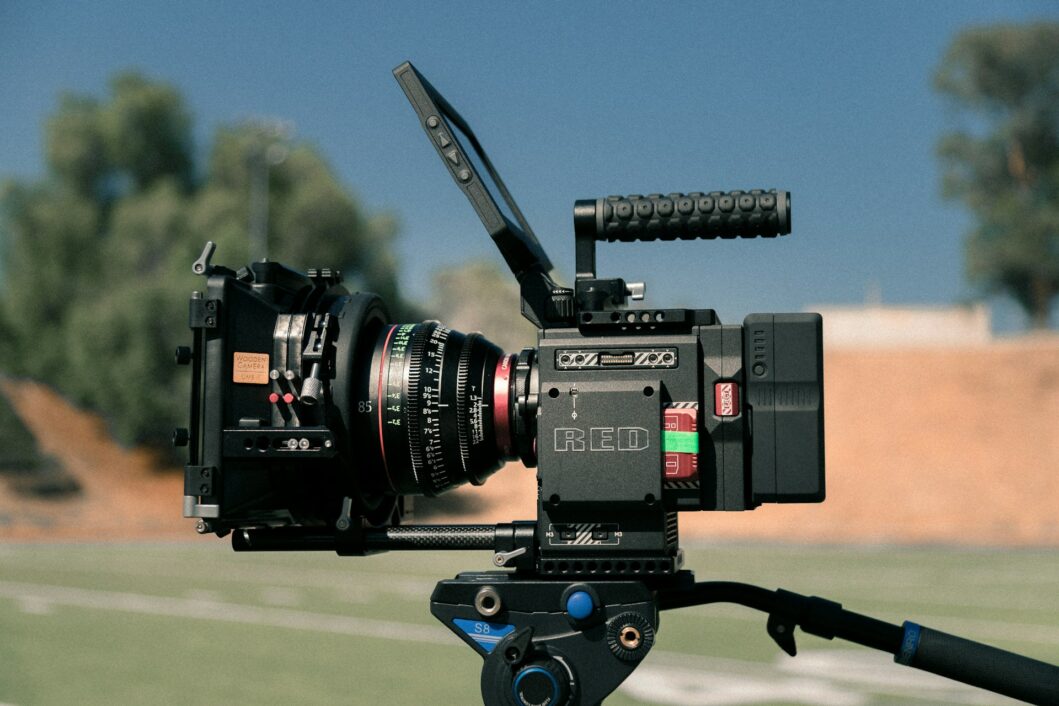Becoming an excellent filmmaker requires a combination of artistic vision, technical skills, and the ability to tell compelling stories. It’s a journey that involves continuous learning, experimentation, and dedication to the craft. Whether you’re aspiring to direct, produce, or write, here’s a comprehensive guide to help you excel in filmmaking.

1. Understand the Basics of Filmmaking
Before diving into filmmaking, it’s essential to understand the basics. This includes learning about different roles in the film industry, such as directing, producing, cinematography, editing, and sound design. Familiarize yourself with the various stages of film production: pre-production, production, and post-production.
Study the language of cinema by understanding how visual elements like camera angles, lighting, and composition can tell a story. Books like “Film Directing: Shot by Shot” by Steven D. Katz and “Directing Actors” by Judith Weston are valuable resources for aspiring filmmakers.
2. Watch and Analyze Films
One of the best ways to learn filmmaking is by watching films critically. Analyze how directors use visual storytelling, how editors create seamless transitions, and how sound and music enhance the narrative. Explore films across various genres and time periods to understand different styles and techniques.
While watching, take notes on scenes that stand out and think about what makes them effective. Discuss films with fellow enthusiasts to gain different perspectives and insights.
3. Gain Practical Experience
Hands-on experience is crucial in filmmaking. Start by creating short films or video projects using basic equipment, such as a smartphone or a DSLR camera. Experiment with different genres and storytelling techniques to find your unique voice and style.
Consider working on film sets, either as an intern or assistant, to learn from experienced professionals. This exposure provides insights into the filmmaking process and helps you understand the collaborative nature of film production.
4. Learn Film Editing and Post-Production
Editing is a vital part of filmmaking that shapes the final product. Learn how to use editing software like Adobe Premiere Pro, Final Cut Pro, or DaVinci Resolve. Understanding editing techniques will improve your storytelling skills and help you make creative decisions during the filmmaking process.
Additionally, familiarize yourself with post-production aspects like sound design, color grading, and visual effects. These elements enhance the film’s overall quality and impact.
5. Develop a Strong Narrative Sense
Great filmmakers are also great storytellers. Focus on developing compelling narratives with well-defined characters and engaging plots. Study screenwriting and learn how to write scripts that capture the audience’s attention from beginning to end.
Practice writing your scripts, even if they are just for short films. Creating a captivating story is the foundation of any successful film project.

